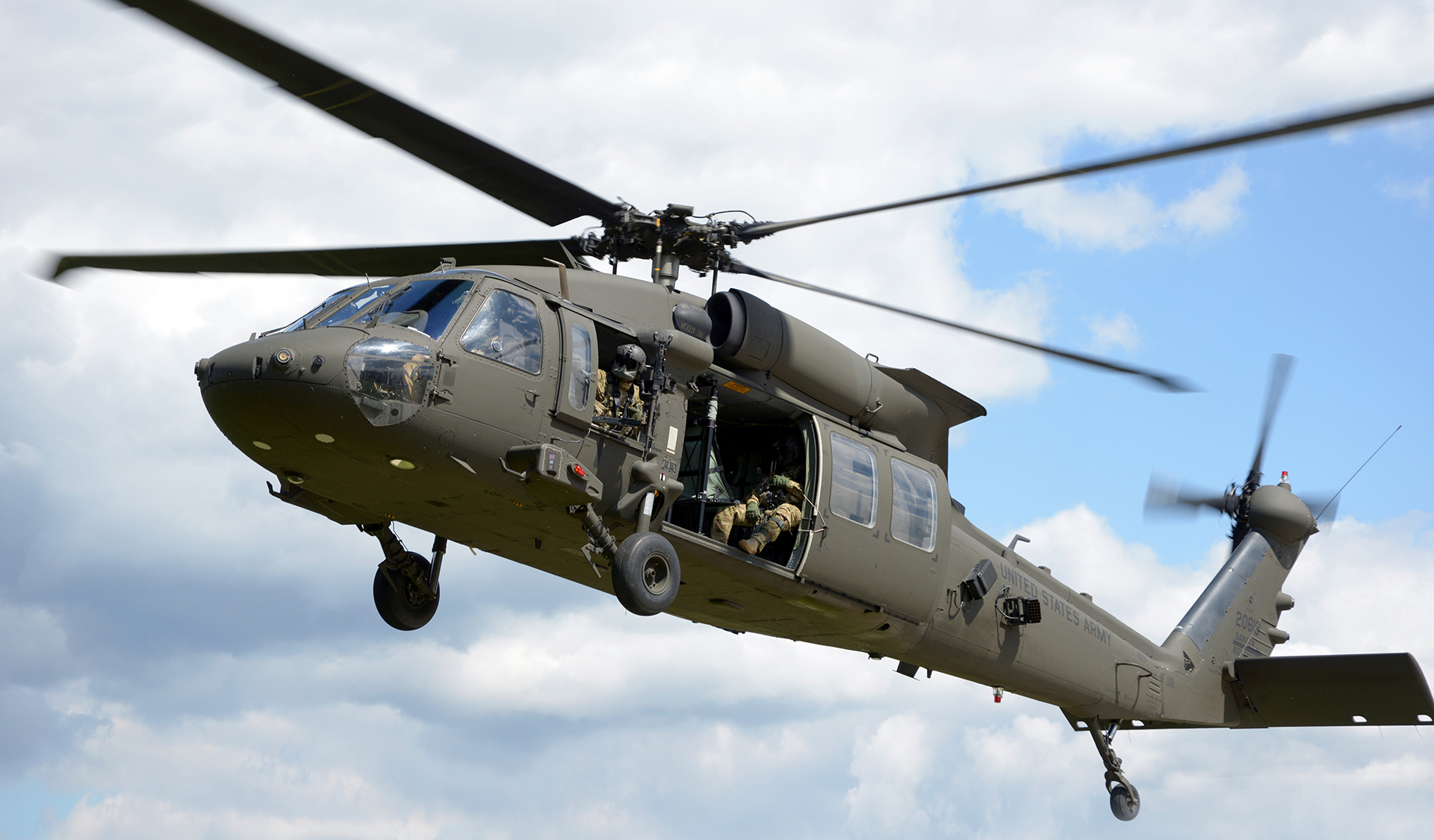Background and Advancement of the UH 60 Black Hawk Helicopter
Background and Advancement of the UH 60 Black Hawk Helicopter
Blog Article
The Impact of Sustainable Practices on the Future of Aircraft Operations and Emissions Decrease
As the aviation market faces raising analysis over its ecological influence, the fostering of sustainable practices emerges as a critical path towards future aircraft procedures and discharges decrease. Innovations in sustainable air travel gas and developments in hybrid propulsion innovations stand at the center of this transformation, encouraging considerable decreases in greenhouse gas discharges.

Overview of Lasting Practices
Sustainable techniques in aircraft operations encompass a range of approaches focused on minimizing environmental influence while maintaining operational effectiveness. These practices are important in the aeronautics industry's dedication to minimizing its carbon impact and adhering to worldwide ecological standards. Trick efforts consist of maximizing flight paths to lower fuel usage, enhancing maintenance protocols to make sure aircraft operate at peak performance, and carrying out innovative modern technologies such as winglets and lightweight materials that boost the rules of aerodynamics.

Involving and training personnel on sustainability practices likewise play a vital function, fostering a culture of ecological obligation within organizations. On the whole, the assimilation of these lasting techniques not only helps in reducing emissions however additionally boosts the lasting stability of the aviation sector, guaranteeing it meets the needs of both consumers and regulative bodies while adding to worldwide sustainability goals.
Innovative Fuel Alternatives
Many ingenious gas alternatives are becoming crucial options to reduce the aviation market's dependence on conventional fossil fuels. Amongst these alternatives, Lasting Aeronautics Fuels (SAFs) have actually acquired substantial attention because of their prospective to decrease lifecycle greenhouse gas emissions by up to 80% contrasted to standard jet gas. SAFs are originated from various feedstocks, consisting of waste oils, agricultural residues, and even algae, making them a functional option for the industry.
Another appealing option is hydrogen fuel, which, when made use of in fuel cells, generates just water vapor as a by-product. This zero-emission possible presents a substantial chance for decarbonizing trip operations, especially for short-haul flights and regional airplane. Furthermore, electric propulsion systems are being discovered, leveraging battery modern technology to power aircraft. While current battery capacity restrictions array and haul, continuous developments may soon provide electrical flights viable for details applications - uh 60.
Lastly, biofuels originated from biomass are being examined, using a renewable choice that can be blended with conventional gas. Collectively, these cutting-edge fuel options represent a crucial action toward attaining a sustainable aviation ecosystem, straightening with global exhausts reduction targets and boosting the market's ecological stewardship.
Technical Improvements in Aeronautics

How can technological improvements improve the future of air travel? Technologies such as electric and hybrid propulsion systems are at the leading edge, appealing substantial reductions in gas intake and greenhouse gas emissions.
Moreover, the application of sophisticated materials, such as light-weight composites, adds to boosted aerodynamics and gas performance. Making use of expert system and device knowing in trip operations maximizes path preparation and minimizes fuel shed by enabling real-time adjustments based upon weather and website traffic conditions. Additionally, the development of independent and remotely piloted airplane systems stands to revolutionize freight and guest transportation, potentially raising effectiveness while minimizing human mistake.
Furthermore, lasting aviation innovations, including innovative air website traffic management systems, can streamline operations and reduce congestion, causing lower discharges during flight. These advancements collectively represent a standard shift in aeronautics, assuring a future where sustainability and functional performance are intertwined, consequently supporting the market's dedication to minimizing its ecological effect.

Governing Framework and Conformity
Due to the expanding focus on environmental stewardship within the air travel sector, the governing framework governing airplane procedures is advancing to advertise sustainable practices. Regulative bodies, such as the International Civil Aviation Organization (ICAO) and various nationwide air travel authorities, are introducing stringent guidelines intended at lowering discharges and enhancing operational effectiveness.
These laws typically consist of the fostering of Lasting Air travel Fuel (SAF), which has been acknowledged as a vital component in achieving lower carbon impacts. Conformity with these policies needs airlines to implement innovative innovations and functional practices, such as maximized flight paths and boosted air web traffic monitoring, to lessen fuel usage.
In addition, the enforcement of discharges trading plans and carbon balancing out efforts is ending up being significantly prevalent, compelling airline companies to keep an eye on and report their discharges properly. Non-compliance can cause considerable penalties, therefore pressing operators to prioritize sustainability in their company versions.
Ultimately, the progressing regulative landscape not just drives technology and financial investment in green innovations yet also cultivates a culture of accountability within the aviation market. As these structures remain to establish, the concentrate on lasting methods will be essential to achieving the field's long-term environmental goals.
Future Trends in Aircraft Workflow
As the aeronautics market adapts to an increasingly rigorous regulative setting, future patterns in airplane procedures are readied to concentrate on ingenious remedies that additionally enhance sustainability and effectiveness - uh 60. Secret advancements will likely consist of the fostering of sophisticated Check This Out air traffic monitoring systems, which make use of real-time data and fabricated knowledge to maximize flight paths, minimizing fuel intake and discharges
One more considerable pattern is the raised integration of lasting aviation gas (SAFs) These alternatives to traditional jet gas, obtained from eco-friendly resources, can dramatically decrease lifecycle greenhouse gas emissions. The sector's dedication to SAFs will likely accelerate as airline companies work together with fuel producers to make certain accessibility and cost-effectiveness.
Additionally, the press in the direction of electrification and hybrid propulsion systems is gaining energy. Arising airplane layouts will integrate these modern technologies, offering quieter and much more reliable operations, especially for short-haul flights.
Conclusion
Finally, the combination of lasting methods in aircraft procedures holds substantial potential for emissions decrease and improved efficiency. The fostering of sustainable air travel this article fuels, combined with advancements in electric and hybrid propulsion systems, is vital for lessening lifecycle greenhouse gas discharges. Furthermore, enhancing flight courses and embracing cutting-edge technologies add to a quieter and a lot more eco-friendly aviation industry. Collectively, these initiatives straighten with global sustainability objectives and pave the way for a greener future in air travel.
Advancements in lasting air travel gas and developments in hybrid propulsion modern technologies stand at the forefront of this makeover, encouraging significant reductions in greenhouse gas discharges.Many innovative fuel options are arising as pivotal solutions to reduce the aeronautics industry's reliance on standard fossil fuels - uh 60. Amongst these choices, Sustainable Air travel Gas (SAFs) have actually obtained considerable focus due to their potential to reduce lifecycle greenhouse gas exhausts by up to 80% contrasted to conventional jet fuels.One more substantial trend is the enhanced combination of lasting aeronautics fuels (SAFs) click this site The adoption of sustainable aeronautics gas, paired with advancements in electrical and hybrid propulsion systems, is vital for lessening lifecycle greenhouse gas exhausts
Report this page